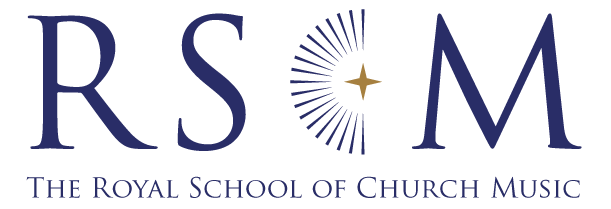
Singing for Health 4
Did I mention ‘muscle memory’? I’d like to go into that a bit, particularly because there is one fundamentally important thing singers can do to help themselves which needs a bit of practice until it becomes a physical habit or becomes permanently lodged in the ‘muscle memory banks’. That is, the open throat.
Yes, I have used that much maligned word ‘practice’, but please don’t let that put you off! Here is why singing through an open throat is the one thing I always hope participants will take away from any workshop or rehearsal I lead:
- • It is the most fundamentally important way of ensuring vocal health and longevity because it takes the pressure off your vocal equipment.
- • It means that you will produce your best voice and keep that voice for as long as you live. Once you get this habit and the muscles adapt you will be able to sing for much longer without vocal tiredness.
- • It is the means by which you can experience the most immediate health benefits of singing.
It is that important! So, if you breathe and sing through an open throat, you will have a happy, healthy, rich-sounding voice. You will be releasing your own, uniquely special voice.
How to get that open throat habit:
- • Stand in the ‘cord’ posture from one of my previous tips and be as relaxed as you can. Now, imagine that you are going to take a deep drink from a mug or glass with a handle. Imagine that this drink is totally delicious and believe in the drink. Lift that mug or glass right up to your mouth believing that you are really about to drink. Don’t allow your head to rise or go back. Feel the enormous space you have created in your throat to receive the drink. Hold that space for a while and then relax. If you didn’t get that big space, you have not believed in the drink. Go back to the start and commit your imagination to the process until it works.
- • When you can find that big space, do it a few times and then hold it open for a bit longer each time as your hand returns to the totally relaxed position by your side.
- • Now, without the imaginary glass, create that space for yourself and breath through it. Can you hear your breath going in? If you can, your throat is not open, so repeat all the above until the breath is silent.
- • Take big breaths through the open throat, expanding from the diaphragm (see my previous tip about your breathing muscle) and imagine filling your lower back with air, then let each breath out in a big sigh with no control or conservation of air. Be free! Pour it out! Stay relaxed (cord posture) and just let that breath go.
- • Once you are sure you can do this with an open throat and without bossing the breath around, do this with a sung ‘aaaaah’, and let it go until the breath runs out completely.
- • Do a bit of this each day and then apply it to singing actual music. It will take a bit of time for ‘muscle memory’ to make this a habit, but we have time just now, don’t we? You will be surprised at the new tone and volume in your voice and, eventually, by new levels of vocal stamina.
How else can you get that open throat? You can try a pretend yawn but do think about where your tongue is (didn’t I talk about that once before?) because a yawn tends to make the back of the tongue fill the space we need for the air, so keep it relaxed with the tip just behind your lower teeth.
NB: you may find at first that you are singing shorter phrases as you are releasing the breath more readily and not trying to hold onto it. Your system will adapt and you will find that you will be singing longer phrases than you could before once you’ve really got the habit and it is become ‘muscle memory’. Your voice will also get louder and richer.
For Advanced Singers
What is really happening? Some of you will know already that I have actually been talking about raising the soft palate.
The best open throat position involves concentrating on raising the soft palate (one of those organs of articulation I have mentioned in a previous tip). For those of who are interested in anatomy and/or are not sure where their soft palate is:
- • Imagine you are holding a precious egg in your mouth. It belongs to a rare species and may become extinct if you relax the soft palate and crush it. Attenborough will be after you with an army of conservationists, so always breathe and sing with that small, utterly precious, and fragile egg in your mouth until it becomes second nature.
- • Try not to relax the soft palate too much between phrases so that the breath is audible going in — if you hear your breath, that is a reminder to get that soft palate raised again!
Keep breathing, dear friends, and releasing your voices as freely as you can. Stay well and stay vocal! Next time we will take a look at how to approach low and high notes.
